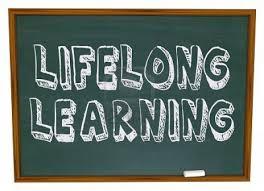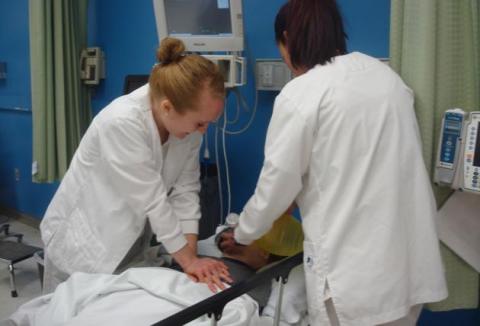Navigating Media Literacy: A Crucial Skill for College Students
Jun 19,2024
In an era dominated by digital media and constant information flow, media literacy has emerged as a critical skill for college students to master. The ability to access, analyze, evaluate, and create media in various forms is essential not only for academic success but also for informed citizenship. However, alongside its importance, media literacy poses significant challenges and concerns that college students must navigate effectively.
The Importance of Media Literacy
1. Critical Thinking and Analysis
Media literacy empowers college students to critically evaluate the information they encounter. This includes assessing the credibility of sources, detecting bias, and understanding the intent behind different media messages.
Impact:
- Enhanced Decision-Making: Students equipped with media literacy skills can make more informed decisions about their studies, careers, and personal lives.
- Intellectual Independence: They become less susceptible to manipulation and misinformation, fostering intellectual autonomy.
2. Academic Success
In academic settings, media literacy is indispensable. Students must discern reputable sources for research papers, identify scholarly articles, and differentiate between peer-reviewed journals and unreliable sources.
Impact:
- Effective Research: Media-literate students can conduct thorough and credible research, contributing to higher-quality academic work.
- Avoiding Plagiarism: Understanding proper citation practices and ethical use of information is crucial in maintaining academic integrity.
3. Social and Civic Engagement
Media literacy extends beyond the classroom into society and civic life. It prepares students to engage critically with news, politics, and societal issues, fostering informed citizenship and active participation in democratic processes.
Impact:
- Informed Voting: Students can make educated decisions during elections by critically evaluating political campaigns and media coverage.
- Social Responsibility: Understanding media's influence allows students to advocate for social justice and challenge misinformation.
Challenges in Media Literacy for College Students
1. Information Overload
The abundance of information on the internet can overwhelm students, making it challenging to discern credible sources from misinformation and propaganda.
Concerns:
- Confirmation Bias: Students may gravitate towards information that confirms their pre-existing beliefs, reinforcing echo chambers and polarization.
- Filter Bubble: Algorithms personalize content, potentially limiting exposure to diverse perspectives and reinforcing biases.
2. Misinformation and Fake News
The spread of misinformation through social media platforms poses a significant threat to media literacy. False information can spread rapidly, undermining trust in reliable sources and distorting public discourse.
Concerns:
- Viral Misinformation: Students may unknowingly share false information, contributing to its proliferation.
- Trust Issues: Distinguishing between credible journalism and clickbait becomes increasingly challenging.
3. Digital Literacy Gaps
Not all students have equal access to digital tools and training, creating disparities in media literacy skills. Socioeconomic factors and digital divides can exacerbate these gaps.
Concerns:
- Technological Barriers: Lack of access to reliable internet and digital literacy resources hinders students' ability to develop media literacy skills.
- Skill Development: Some students may lack formal education or training in media literacy, impacting their academic and professional opportunities.
Strategies to Enhance Media Literacy
1. Incorporate Media Literacy Education
Universities and colleges should integrate media literacy education into their curriculum across disciplines. Courses dedicated to critical media analysis and digital literacy can empower students with essential skills.
2. Promote Critical Thinking
Encourage students to question information, verify sources, and consider multiple perspectives before forming opinions or sharing content online.
3. Provide Access to Reliable Resources
Ensure students have access to reputable databases, academic journals, and fact-checking websites. Libraries and academic institutions play a crucial role in curating credible information sources.
4. Encourage Active Engagement
Promote discussions on media ethics, digital citizenship, and responsible social media use. Encourage students to engage thoughtfully with media and participate in constructive dialogue.
5. Offer Practical Workshops and Training
Organize workshops on digital research methods, citation practices, and online safety. Hands-on training can enhance students' practical media literacy skills.
Media literacy is not just a skill but a necessity for college students navigating an increasingly complex media landscape. By fostering critical thinking, ethical judgment, and responsible media consumption, universities can empower students to thrive academically, engage civically, and contribute positively to society. As media technologies continue to evolve, cultivating robust media literacy skills remains paramount in preparing students for the challenges and opportunities of the digital age.






